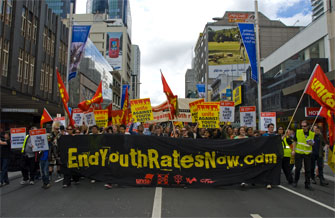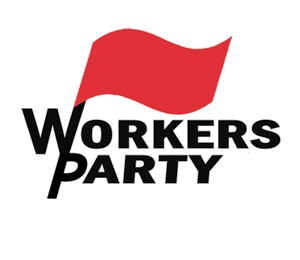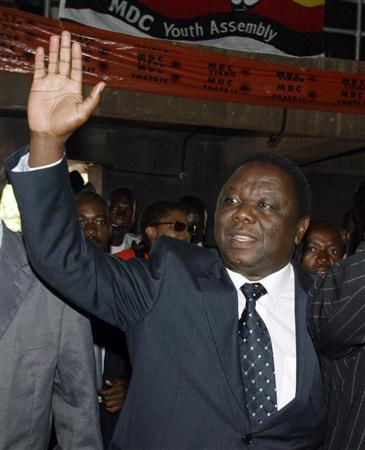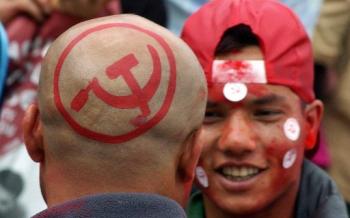The Spark November 2008
The Workers Party is primarily an organisation of activists who fight for workers’ interests on jobs and in the streets. We recognise that the struggle for workers’ rights and workers’ power mostly takes place outside of parliament. Taking mass actions against an employer offers workers more chance of controlling their destiny than voting. However, parliamentary elections provide a chance to raise alternative ideas, and socialists should make use of the opportunity. The reports below show some of the initiatives taken by the Workers Party in the 2008 general election. You can see that we got stuck in and stood up for socialist ideas without mincing our words. If you like the look of our approach, why not join us and help make the socialist voice even louder in 2011!





